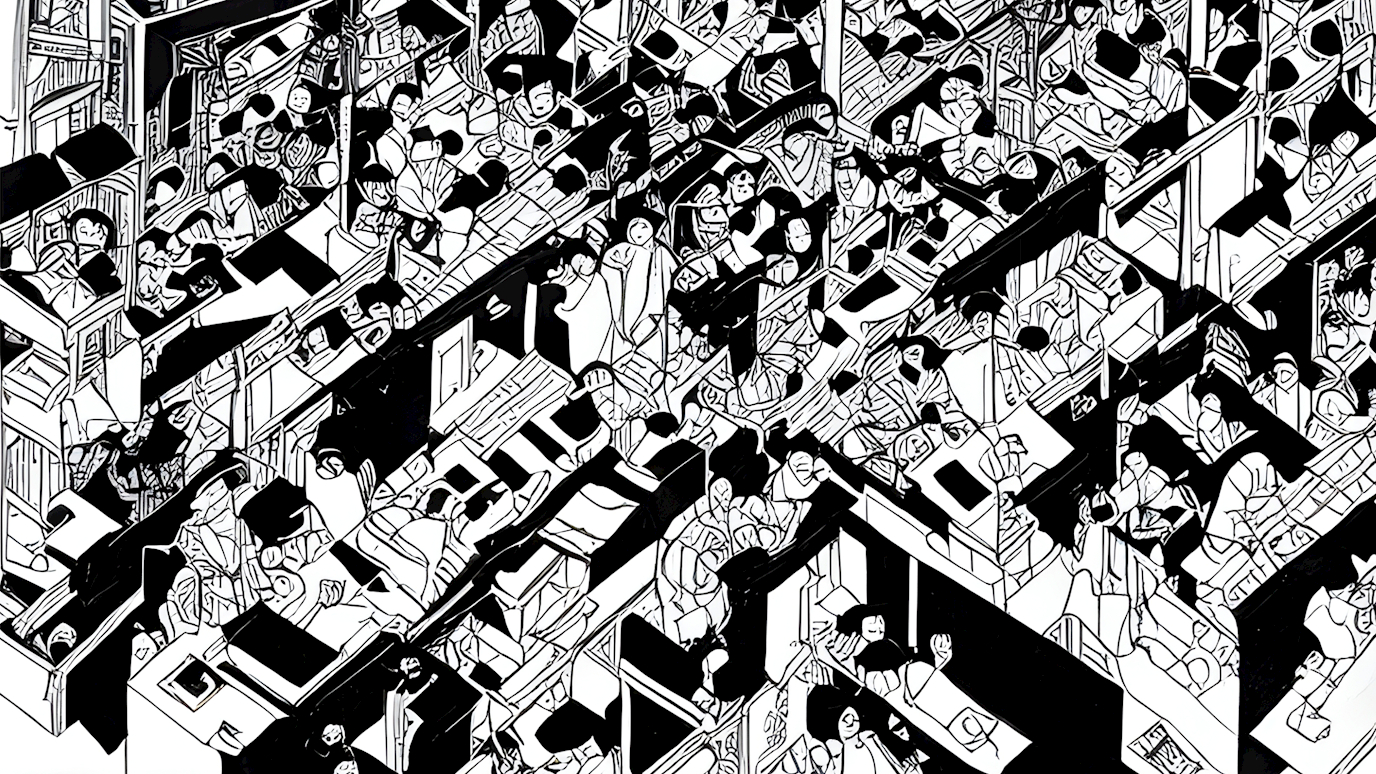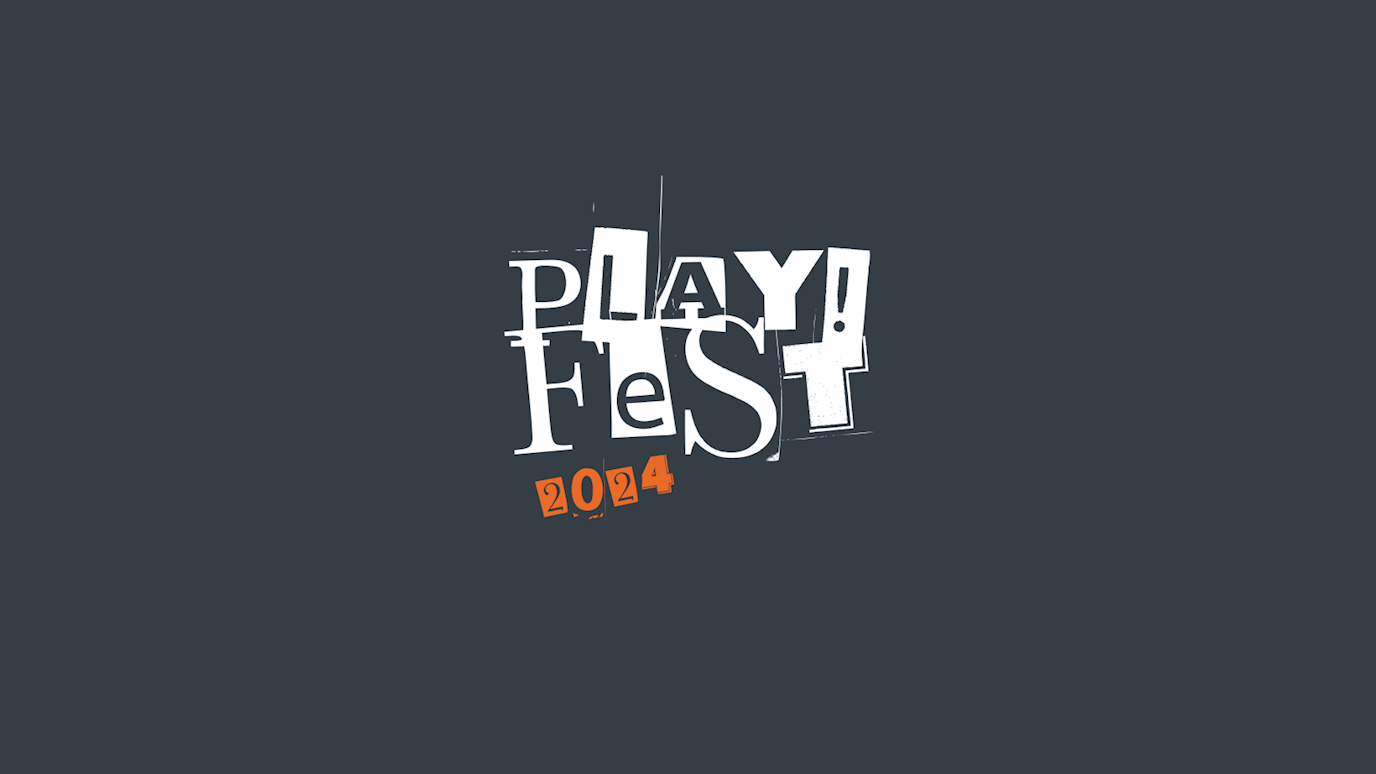Call for Discussants – Hybrid Conference
This symposium brings together emerging and converging strands of activity and critical thinking around transnational East Asian presences in unevenly globalised music and sounded scenes around the world. Building on a recent spate of academic meets and performances/ workshops themed on East Asian voices, including multiple panels on the theme at annual conferences of the Society for Ethnomusicology and American Musicological Association, as well as recent work in in the UK on Transpacific East Asia, Racialised Performance in Western Classical Music and Cultural Imperialism and the “New Yellow Peril”, we seek to make meaningful community together once more in expanding and intersecting scenes within musicology, ethnomusicology, performance studies, composition, and sound studies. We locate ourselves strategically beyond the scopes of Western art music and delve into shared global sounded histories, presences, communities, practices and futures.
We ask challenging questions of ourselves and our friends/ colleagues and allies:
How are East Asian voices represented and co-presented in performance, academic and listening spaces in discourses and activities around sound and music, today?
How have stereotypes about East Asian performers/ scholars (eg as ‘automatons and robots’; as ‘model minorities’; as ‘rich international students paying high fees’; as ‘creative overachievers’; as 'mystical' Shakuhachi players; as ‘Violin/Tiger Mums’; as ‘'nerd-cool violinists'; as anime-styled zither players, and more) changed over the past few decades?
Looking deeper into historical presences, how have East Asian voices been ‘hiding in plain sight’, or ‘invisibilized’, or ‘refashioned’ and ‘re-launched’ , locally and globally, over time?
Drawing from the work of Koichi Iwabuchi (2002) and Chen Kuan-Hsing’s Asia As Method (2013), what does a recentering of globalisation look like from East Asian eyes and ears in 2023, given the asynchronous, layered and complex transnational experiences of different (and intergenerational) East Asian individuals and communities within and beyond East Asian territories and various diaspora?
How do East Asian music practitioners and researchers construct vastly-different identities of the Self, and identities of the Other in multiple scenes? How do East Asian musicians make sense of “the rest of the world”? What is the value in looking at a view of the sounded and musical world from exceptionalist standpoints of (for example) transnational China, Japan and Korea?
In changing politico-economic climates where East Asian constituents are now often seen as bearing new forms of privilege even as they remain minoritized in structurally-unequal systems, how is intersectionality understood and practised?
What are the inter-East Asian relationships and hierarchies in different (for example) transnational/ transpacific Chinese, Japanese, Korean, Southeast Asian and Pacific Islander worlds, and where do these interactions play out in sounded and musical worlds within unevenly globalised contexts? How is musical solidarity enacted/ compromised in East Asian negotiations with, and responsibilities towards communities in the wider Black & Global Majority?
Expanding the intersectional scope even further, where do different East Asian voices figure in fast-changing debates on intergenerational notions of academic/ musical “progressivity”, “postcolonial trauma/anxiety”, current “hopes and fears”, musical decolonisation, and also debates on new minoritisations caused by environmental change and economic precarity?
Get involved
Rather than full-length academic papers, we seek discussants to form panels around the topics/ themes above. We are interested in conversation and academic engagement, and seek to prioritise these forms of discoursing within a safeguarded, inclusive mutually-respectful community-based setting.
Interested parties fill in your details on this website, supplying information on:
- a short bio (50 - 150 words) highlighting relevant experience/ interest/ positionalities
- a short statement (200 - 300 words) on proposed conversation/ questions/ hopes and fears around y/our discussion topic
- please also indicate if you are hoping to attend online, or in-person
Organisers: Shzr Ee Tan (RHUL, UK), Ken Ueno (UC Berkeley, US)
Keynote panellists: Hannah Chang (Sheffield); Jocelyn Clark (Pai Chai University); Kiku Day (Goldsmiths); Amanda Hsieh (Durham); Hee-sun Kim (Kookmin University); Hedy Law (UBC); Qian Mu (RILM); Nancy Rao (Rutgers); Mari Yoshihara (Hawai'i); Mei Xiao (Shanghai Conservatory)
Advisory Board: Nikki Moran (Edinburgh); Alexander Cannon (Birmingham); Alexander Douglas (King's College London); Eric Hung (Music of Asian American Research Centre); Maiko Kawabata (Open U); Roe-min Kok (McGill); Frederick Lau (CUHK); Shelley Zhang (Rutgers)
Where?
You can join us in-person at the Bedford Room (11 Bedford Square, Royal Holloway University of London, WC1B 3RE), or online via Microsoft TEAMS

Artwork generated using 'East Asian Music' prompt on deepai.org





















